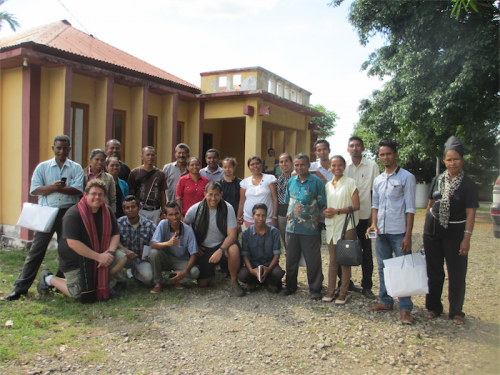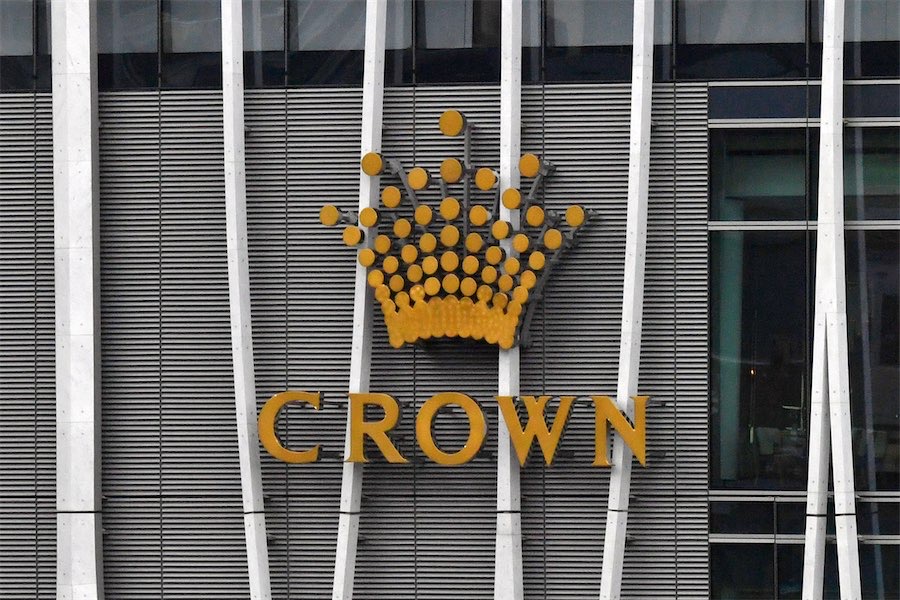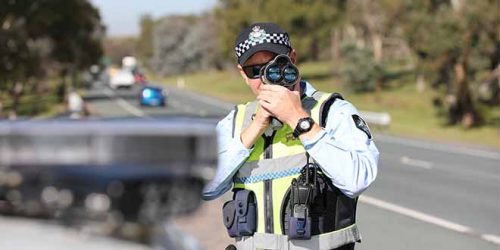
AN internationally recognised plant scientist and an ACT high school teacher packed together materials, knowledge and enthusiasm to deliver a science workshop to “thirsty” teachers in the developing region of Maliana, East Timor.
Describing it as “like kids in a candy shop”, teacher David Johns, who is principal of the Islamic School of Canberra, said: “The teachers were thirsty for all the things we have to offer, they wanted to try for themselves all the experiments, learn how to use the microscopes and how to encourage students to get a deep understanding of the topics.
Molecular biologist Dr Robert Sharwood and Johns, who met years ago as teacher and student, have just returned from an intense three days with 20 teachers from rural areas, experimenting with leaf disks, microscopes, red cabbage juice indicator and algae balls.
“They were so enthusiastic and receptive, they couldn’t believe what they were seeing when we showed them the tiny bubbles of oxygen raising from leaf disks.”
Four of the 20 local teachers didn’t have formal qualifications; many of them worked in a semi-volunteer capacity and only three of the 20 schools had access to a microscope.
“The strength of the program lies in our capacity to work together, as each of us has something to give; Rob, with his expertise in science and me with my experience in secondary education.”
Dr Sharwood, an associate investigator of the ARC Centre of Excellence for Translational Photosynthesis at ANU, said he learnt so much during this project.
“We have a profound respect for the teachers and the problems they face every day,” he said.
“They deal not only with the trials and tribulations of living and working in poor rural areas, but also with problems like the lack of resources and the challenge of keeping students engaged with topics they are not experts in and about.”
Every session started with an experiment, followed by an introduction to a scientific topic and finishing with a clear application to real life. They recreated an Australian educational environment with all sorts of educational materials, scientific posters and scientific equipment and covered topics such as photosynthesis and human physiology.
“We have made a strong connection with East Timor and the idea is to continue with an improved version of this program next year, now that we really know where the needs are,” said Dr Sharwood.
“We even have possibilities of interacting with a planned agricultural school in the area, which will link perfectly with my area of research with its focus on improving food security through agriculture.”
Who can be trusted?
In a world of spin and confusion, there’s never been a more important time to support independent journalism in Canberra.
If you trust our work online and want to enforce the power of independent voices, I invite you to make a small contribution.
Every dollar of support is invested back into our journalism to help keep citynews.com.au strong and free.
Thank you,
Ian Meikle, editor




Leave a Reply